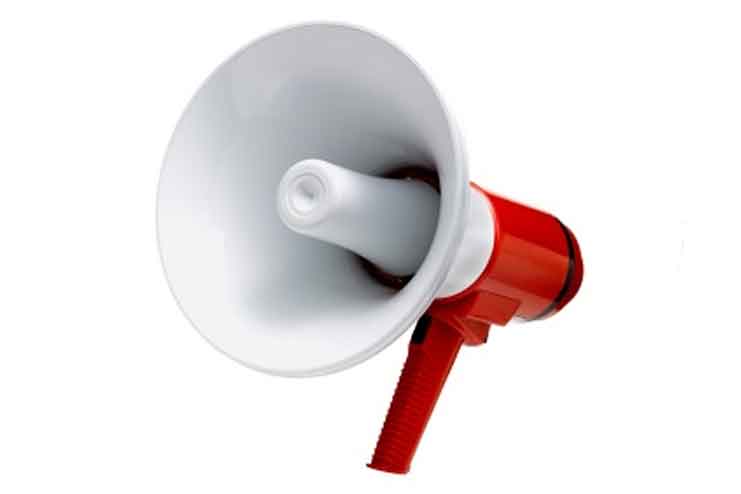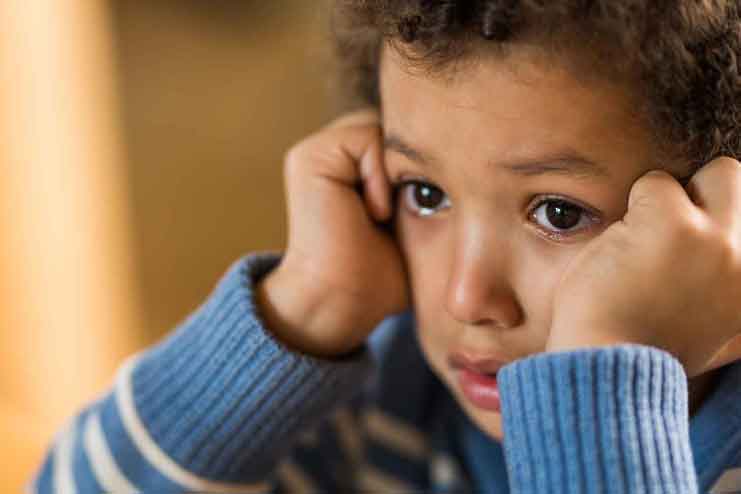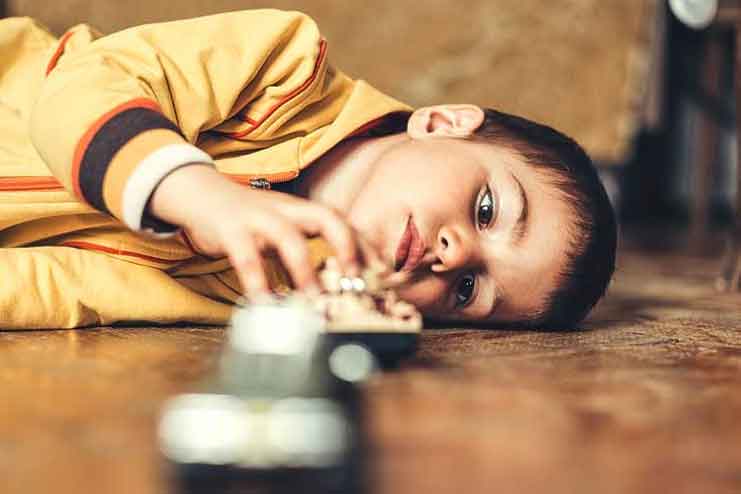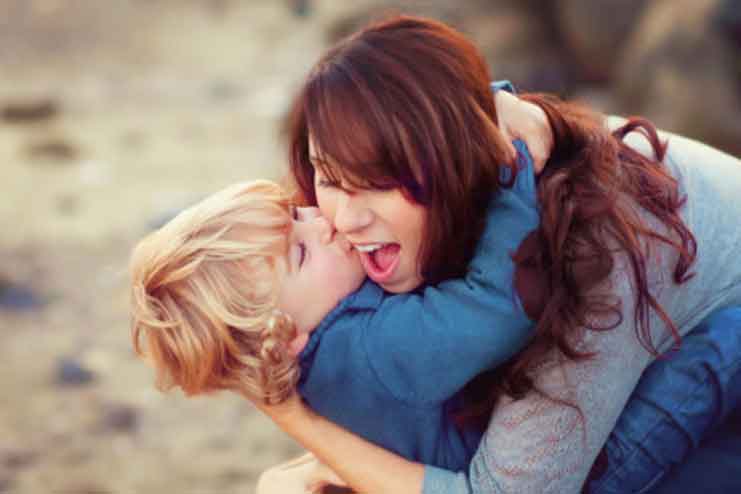Are you yelling at your child too much? How to stop yelling at kids? How to discipline a child without hitting or yelling?
When the parents get irritated they flush it out by yelling at their kids for no reason. Yelling is sometimes the result of stressful parenting and messy things made by children.
This article presents the psychological and negative effects of yelling. It discusses the remarks on parents due to yelling and the bad consequences that kids encounter. At the end of the article, you will find ways to stop yelling at kids.
Types of Yelling:

There are three types of yelling parents generally use- they are
1. Loud Talking:
This type is usually raising your voice to make it audible to your kids. It does not generate any fear in the kids.
2. Good Yelling:
Parents use this type of yelling usually to stop them from touching a hot stove or walk into the road.
3. Bad Yelling:
Finally, the bad yelling, the main theme of this article. It is caused by anger and makes the kids scary and damages emotionally.
What Happens When You Yell At Child:

Yelling frightens the kids and makes them feel insecure. Yelling makes the kid more aggressive, physically and verbally. Yelling that comes from the verbal assault and insult can be regarded as verbal abuse. It will have long term negative effects on children like low-self esteem, aggressive, anxiety.
Negative effects of yelling are- it adversely affects a kid’s development. The parents who shout at them are likely to lose their humor.
You should avoid yelling. Here’s why?
- Improvement came from yelling is temporary
- It does not change the behavior
- Yelling will make your children dislike you.
- Yelling is a sign of frustration
- By yelling, you stood like a poor model for your children. You will fail to teach them how to behave when things don’t go their way.
Psychological Effects of Yelling:

It’s common to get frustrated over the misbehaving children but the way that you exhibit frustration will have a greater impact on the development of a child, both physically and mentally.
Yelling is one of the discourteous parental disciplining activity.
The following are the few psychological effects of yelling:
1. Emotional Abuse
Frequent yelling makes the kid feel unloved, worthless, alone and scared. The impacts of emotional abuse are equivalent to physical abuse. Signs of emotional abuse in children may include hating parents, seeming emotionally immature, talking badly about them, experiencing a sudden change in behavior.
2. Threat to Self Confidence:
Children who are being yelled frequently may lose their self confidence which may affect their career. They experience negative feelings like- sadness, shame, anxiety, fear, loneliness, stress, and depression.
3. Makes Children Aggressive:
Yelling makes the children more aggressive both physically and mentally. Yelling scares the children and makes them feel insecure.
4. Effects the Brain Development:
Yelling changes the mind development in multiple ways including increasing stress hormones in the bloodstream, increased functionality of the emotional brain, increased muscular tensions and more.
5. Leads to Depression:
Yelling, which is verbal abuse has the ability for severe depression which can be carried into adulthood.
Does Yelling Make You a Bad Parent?

- If you yell, it does not mean that you are a bad parent. You are tired of work all day to take care of your family.
- Good parents have expectations for their children. They yell because their children did not meet their expectations.
- Good parents feel bad or frustrated thinking that they are not doing enough for their children.
As we are good parents we work hard that makes us run into frustration. But, kids are small enough to understand your situation. Yelling at the child too much may make them feel bad. So, talk to them and behave kindly showing your love and affection.
How to Stop Yelling At Kids?

The foremost thing in your journey on stopping yelling is to explore the reasons why you are yelling?
1. Why You Are Yelling:
The root cause of yelling is being frustrated. Everyone has different reasons for being frustrated.
- Remember when you last yell at your kids
- Multitasking and putting a lot of pressure on the brain?
- Speaking over the phone, interrupted by the children?
- There is too much noise going on and you could not work properly?
- Your child was rude and disrespectful towards you?
- Take a few minutes to discover the reasons that throw you into frustration.
2. Be Consistent:
Always try to behave the same way and make your child obey your words.
If you feel that you fail to make your child obey let him/her disobey without consequence. Make them obey you by offering rewards.
3. Have Self Control:
Practice self control. In order to flush out your frustration go into private space and yell or squeeze the stress ball. If you decide to give up something, take a few minutes before you do anything.
4. Check Your Anger:
If you feel tense or frustrated, use a few calm down tips that make you relaxed.
Here are the few tips that help you to calm down
1. Take quick and shallow breaths
2. Label yourself that you are angry
3. Challenge your thoughts
4. Visualize yourself calm
5. Listen to music
6. Relax your body
7. Drop your shoulders
8. Have a centering object to divert your anger and frustration
9. If you are too angry or anxious to speak about something, then take out a paper and write it down
10. Get some fresh air to calm down yourself and feel refreshed.
5. Lower Your Expectations:
Lower your expectations regarding your children’s education/grades in school/ their appearance or even your own appearance.
6. Teach Your Child the Lesson:
Shouting is not the proper way of communicating. It makes the children to shutdown instead of listening. Research says that children don’t listen when they are at the height of a meltdown. Support your kids to calm down and return to the calm state of mind.
Some kids when return to the calm state, will run off and play. You need to learn a better away to handle the situation next time without yelling or without giving harsh punishment.
When To Teach Your Child a Lesson:
Here are the few options to discipline your child without yelling
a. Talk About It Right Away:
If it is a simple disagreement, you can discuss it after a few minutes.
b. Talk About It Later That Day:
The child continues disobedience if parents did not find and focus on the triggering event.
c. Talk About It a Few Days Later:
This is a good option for discussing big topics or repeated challenges.
7. Be Proactive:
Proactive parents must know the rules and consequences of breaking them. Consistency and Self-Control are the two prominent keys that help to lead your child in a disciplined manner.
Don’t react to your child’s behaviour. Stay calm and provide the best example which helps them understand their mistakes.
8. Do It Together With Your Spouse:
Giving each other support and tips to stay calm. It’s hard to make yourself and your spouse to get on board with positive parenting techniques.
Faith and hard work will help to flourish your relationship with your kids and avoids yelling.
9. Stop Mom Funk:
Mom funk is a depressed mood felt by mothers. Symptoms of mom funk include sadness, fear, frustration, stress, extreme need to be left alone.
It happens to all of us when we are unhappy or unfulfilled. The best way to stop yelling at this situation is to get rid of the funkiness and build self control.
10. Modelling:
Model yourself by melting your anger and tensions. This can be done by taking a deep breath.
Tell your children that you are taking a deep breath and talk to them later.
11. Say ‘STOP IT’ Instead Of Yelling:
Instead of yelling use a calm, soft and firm tone to convey your message to the kid. The soft and firm tone makes them listen to and follow your words. The calmer and softer tone will have more impact.
12. Address Your Child’s Behaviour:
Instead of yelling at your kids, explore the reasons for their uncertain behaviour. Achieve self control and discuss with your child once you calm down to the normal state.
13. Say Less and Listen More:
The best relations are built through interactions. Practice the habit of listening mindfully, with focused, nonjudgmental attention. This will help to understand what is going on for your child.
Whenever your child has a problem, listening with your full attention makes them feel accepted and loved, which heals many problems.
14. If You Find Losing Your Temper Just Stop:
As soon as you notice that you are raised and thrown into anger, stop even in the middle of what you are speaking and walk away, take a breathe.
15. Cultivate The Art of Playfulness:
Usually, kids respond to the tone of our voice. If you are at the edge of your voice they may “Fight or Flight”-which means they also start raising their voice or calm down.
You can react to small violence with humor and playfulness to make kids relaxed and cooperate.
[Read: Ways To Stop Bullying In Schools]
Feeling Guilty After Yelling:
Are you yelling at the child too much? Are you feeling guilty after you yell at your kid?. Here are the few things to do after you yell at your kid.
a. Take a Deep Breathe:
When you are angry, your heart rate was up, your breathing was shallow never do or talk anything till you get back on track with few deep breaths.
b. Do not blame, Take Responsibility:
Teach your child how to take the responsibility of rectifying the mistake without blaming the others.
Do this by saying that- “I’m sorry, I let my anger out of control!!”
c. Repair the Relationship:
If you used hurtful words and punishments, your child may feel disconnected from you. Wait for the situations to make up the relationship.
d. Look for the things to be changed:
Are you struggling from swinging mood between calm mom and angry mom? If you feel like you are stuck in an unhealthy pattern of anger. It’s time for you to consult a therapist, who can help you to get out of the extreme anger situations by keeping the things that make you burst into anger on track.
Yelling is aggressive behaviour which makes your child feel scared. It will impart many psychological effects on your child as addressed in this article. Offer your child a calm, pleasant and healthy growing environment.










































